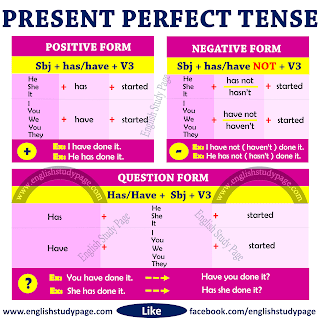TO SPEAK ENGLISH WELL AND FLUENTLY
To speak English well and fluently follow these 5 tips: slow down; act confident; emphasise; practice; and keep going. Do these things and we are confident that you will be able to impress others with your fluency! 1. Slow down A common problem among foreign language speakers can be to speak too quickly. It can be tempting to try and get our words out quickly but while it might feel good to get the words out, rushing your words can often lead to confusion and miscommunication. Instead of speaking quickly, slow down and keep what you say simple. To begin with it may make you sound slightly stiff or robotic, but if clear communication is your aim, then this will really help you. Over time and as you become more familiar with the language, try to speed up again to make your speech sound more natural. 2. Act confident. Many people feel shy or embarrassed when speaking English. Don't be. Act as if you are the most confident person you know - in fact, be the most confident &quo


